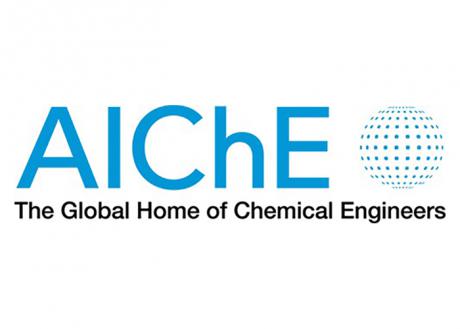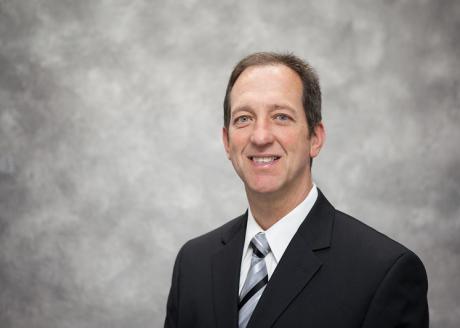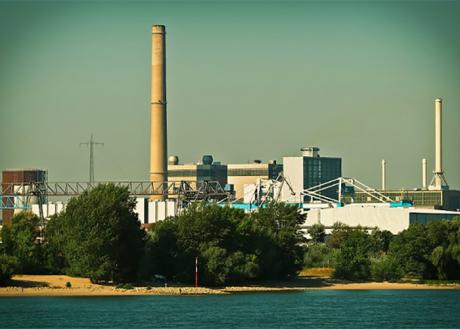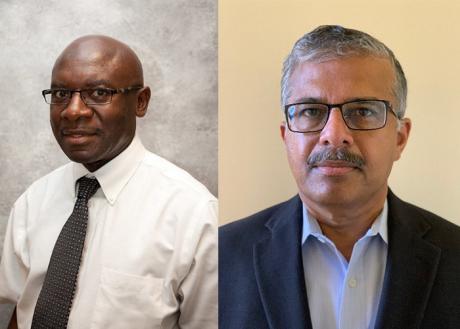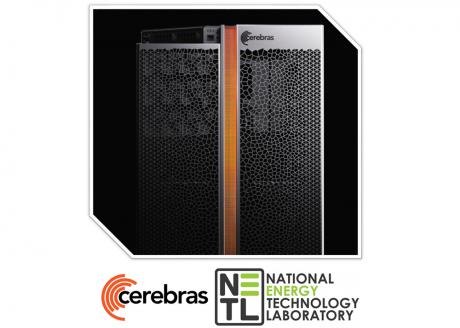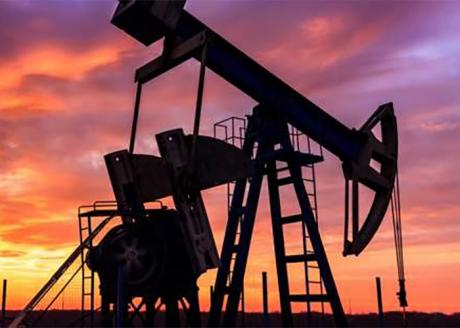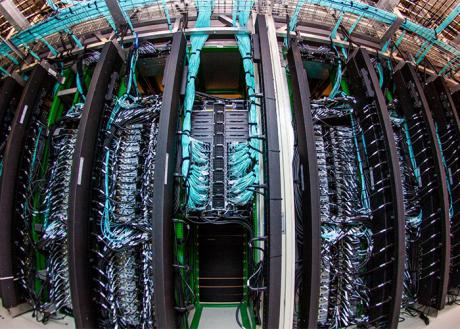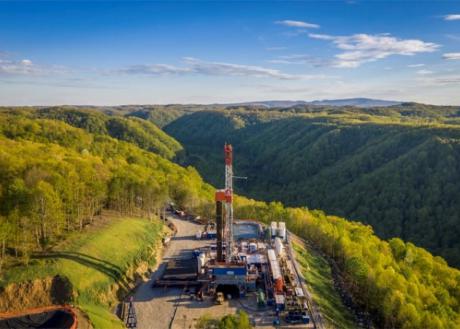NETL experts shared their innovative research and development (R&D) work with scientists from around the world at the nation’s premier educational forum for chemical engineers, the American Institute for Chemical Engineers’ (AIChE) 2020 Annual Meeting.
More than 40 NETL personnel participated in the virtual event held Nov. 16-20. Researchers from academia, government, and industry addressed a wide range of topics relevant to cutting-edge research, new technologies and emerging growth areas in chemical engineering.
NETL researchers joined other innovators and industry experts from around the globe as they pitched cutting-edge technologies with commercial potential at the 2020 TechConnect Business Virtual Summit and Showcase, held virtually Nov. 19-20.
James Wilson, executive director and chief financial officer, Finance and Acquisition Center, has been named CFO of the Year for 2020 by the Pittsburgh Business Times. Wilson was honored for his excellence in providing the critical financial oversight needed to operate an innovative science-focused organization dedicated to maintaining U.S. energy independence, improving the environment and developing technologies to produce affordable and abundant energy.
NETL inventions to separate carbon dioxide (CO2) from post-combustion flue gases and remove contaminants from water sources won at the recent 2020 TechConnect Innovation Awards for their ability to contribute to a more sustainable environment while providing potential economic benefits.
Researchers David Hopkinson, Victor Kusuma and Surendar Venna earned an award for their development of “Crosslinked Polymer Blend Membranes for CO2 Separation” which builds upon previous work to capture greenhouse gases from the nation’s power plant fleet.
Two researchers at NETL were recognized for achievements and contributions in their fields during the 2020 annual meeting of the American Institute of Chemical Engineers (AIChE), being held virtually Nov. 16-20.
Madhava Syamlal, Ph.D., senior fellow, Computational Sciences and Engineering, is the recipient of the Elsevier Particle Technology Forum Award for Lifetime Achievements. Isaac Gamwo, Ph.D., a research chemical engineer on NETL’s Reaction Engineering Team, received the AIChE Minority Affairs Committee’s Eminent Chemical Engineers Award.
An NETL collaboration with Cerebras Systems has demonstrated that their acclaimed CS-1 system could perform a key computational fluid dynamics (CFD) workload more than 200 times faster and at a fraction of the power consumption than the same workload on an optimized number of cores of the Lab’s supercomputer JOULE 2.0. Further development of this unique computational architecture could lead to a paradigm shift in NETL’s high-performance computing (HPC) efforts and help overcome challenges facing researchers as they design and model next-generation energy systems.
Drilling of a nearly 10,000-foot-deep characterization well in the Paradox Basin of Utah is scheduled to begin in late 2020. The primary goal of this field laboratory supported by NETL is to generate new strategies to efficiently extract oil from unconventional shales in the region. Spudding of the well, or initiation of drilling operations, will take place at the project site located near the community of Green River in Grand County.
According to the latest rankings by TOP500, NETL’s Joule 2.0 supercomputer remains among the most powerful in the world, securing a position of 11th among DOE national labs, 26th in the United States and 82nd in the world.
Across Appalachia, natural gas producers are supporting the energy security of the United States as they continue to tap the vast shale gas resources of the region. Shale gas is used for heating and power production, but the chemical industry also relies heavily on natural gas as a feedstock to manufacture valuable chemicals.
Photo credit: Photo courtesy of Brad Deel, EnerVest
An NETL-sponsored project that could unlock access to large reservoirs of natural gas in Central Appalachia and extract those resources with technology designed to leave a light environmental footprint has earned accolades from state and industry officials.




